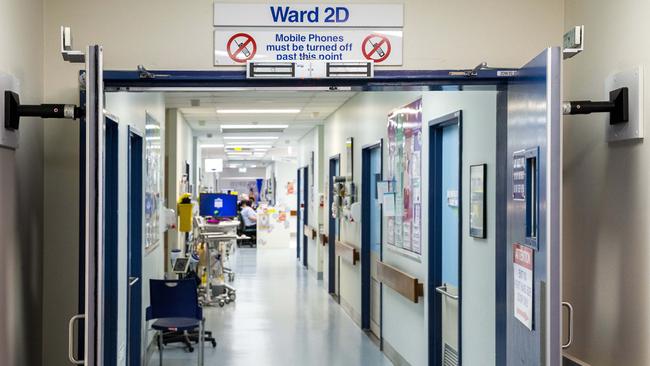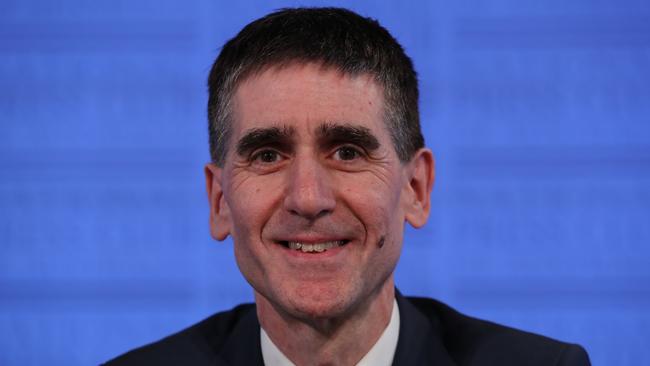Medical professionals urge Aussies to have ‘open and frank’ discussions on end-of-life options
Australians are being urged to discuss the “uncomfortable topic” of planning their deaths with the rate of hospital admissions for end-of-life care jumping by 25 per cent in just four years.
NSW
Don't miss out on the headlines from NSW. Followed categories will be added to My News.
Australians are being urged to discuss the “uncomfortable topic” of planning their deaths with the rate of hospital admissions for end-of-life care jumping by 25 per cent in just four years.
More than 77,000 people were admitted to hospital for palliative care in 2016-17, up from 62,000 in 2012-13, an Australian Institute of Health and Welfare report found.
The increase has outstripped the rate of other hospitalisations, which rose by 18 per cent over the same time.
AIHW spokesman Matthew James said Australia’s growing ageing population and the rise of chronic and incurable illnesses has placed pressure on the country’s palliative care system.
“Over half of all palliative care-related hospitalisations ended with the patient’s death, compared with less than one in one hundred for all hospitalisations,” Mr James said.

MORE NEWS
Terror probe uncovers alleged Sydney crime syndicate
Reality TV star’s stunning election swing shocks Labor rival
‘Repellent’: Man secretly filmed roommate as she showered
The report also found 46.7 per cent of end-of-life care-related hospitalisations were for patients with cancer.
“Today’s report shows us that more people being admitted to hospital are requiring palliative care services, but we don’t know how many of these people would preferred to have received palliative care elsewhere,” Mr James said.
Australian Medical Association president Dr Tony Bartone said medical professionals and the wider community should have “open and frank” discussions of death and end-of-life care options.
“Death, dying, and bereavement are integral — and inevitable — parts of life. However, reflecting on and discussing death can be profoundly confronting and difficult,” he said.

Dr Barton said advanced planning was the best way to ensure people received the care they wanted toward the end of their life.
“An advance care plan can be as informal as a verbal instruction, or a formal directive, medical enduring power of attorney, a letter, or an entry in the patient’s medical record,” he said.
Private health insurance provider Medibank this year expended its at home palliative care trial in northern Sydney, after launching the program in Western Australia in 2016.
Chief medical officer Dr Linda Swan said about 70 per cent of people wanted to die in their homes but only about 14 per cent did.
“To improve the end stage of life we must advocate for patients to have a choice in where they die whenever possible, and to enable flexible care arrangements,” she said.
In 2018, the government committed to meeting rising palliative care demand.
Originally published as Medical professionals urge Aussies to have ‘open and frank’ discussions on end-of-life options


